Data storage companies Toshiba and SanDisk announced a new flash memory chip designed to address the growing use of large media files
Published:
11 February 2005 y., Friday
Data storage companies Toshiba and SanDisk announced a new flash memory chip designed to address the growing use of large media files.
The joint development partnership has produced a chip that accommodates 8-gigabits (Gb) of storage. Made using 70-nanometer (nm) process technology, the computer memory chip is based on a NAND design, which makes it suitable for storing music, video and other data. Toshiba and SanDisk said products based on their new flash memory technology should start rolling out this summer.
The companies said the 8Gb chip will become "the production workhorse" for the joint venture between Toshiba and SanDisk. At a size of 146-millimeters, the 8Gb chip has a density of 6 billion bits or 3 billion transistors per square centimeter (20 billion transistors per square inch of silicon). The companies said they also plan to commercialize a 16Gb NAND flash memory component that stacks two of the 8Gb NAND flash memories in a single package.
The new NAND flash memory chip uses multi-level cell technology that lets two bits of data be stored in one memory cell - in effect doubling the memory capacity. The circuit design is less than 5 percent larger than the previous generation 4Gb chip on 90-nanometer. Toshiba and SanDisk said they also increased the speed at which the chip writes data with a combination of burst mode techniques and high read bandwidth.
Production of the chip falls right in-line with Toshiba's previously announced roadmap and is designed to compete against the largest flash memory producer, Samsung.
Šaltinis:
internetnews.com
Copying, publishing, announcing any information from the News.lt portal without written permission of News.lt editorial office is prohibited.
The most popular articles

The European Commission announced today the award of three of the six contracts for the procurement of Galileo’s initial operational capability.
more »
 Brazilian researchers have developed a new type of permeable pavement that can store rain water and ease the impacts of floods.
more »
Brazilian researchers have developed a new type of permeable pavement that can store rain water and ease the impacts of floods.
more »
 A cursor on a computer screen can be controlled using thoughts about a range of vowel sounds, research has found.
more »
A cursor on a computer screen can be controlled using thoughts about a range of vowel sounds, research has found.
more »
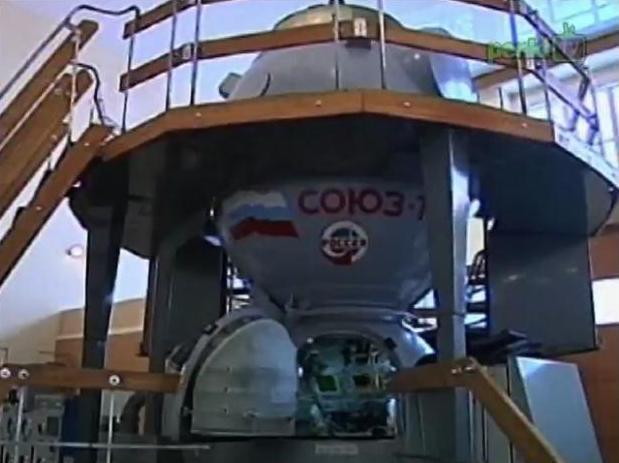 Fifty years after Russia's Yuri Gagarin became the first man into space, Moscow is determined to maintain a leadership role in space exploration, despite recent problems with satellite launches and increasing competition from countries like China, Japan and India.
more »
Fifty years after Russia's Yuri Gagarin became the first man into space, Moscow is determined to maintain a leadership role in space exploration, despite recent problems with satellite launches and increasing competition from countries like China, Japan and India.
more »
 During sleep the body actively restores it's energy and condition.
more »
During sleep the body actively restores it's energy and condition.
more »
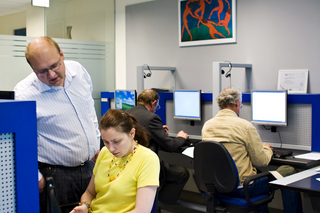 Penki Кontinentai Training Center was set up in one of the oldest and most innovative ITT companies, and now counts the second decade. Politicians, businessmen, artists and entertainers have learned and acquired skills here during these years.
more »
Penki Кontinentai Training Center was set up in one of the oldest and most innovative ITT companies, and now counts the second decade. Politicians, businessmen, artists and entertainers have learned and acquired skills here during these years.
more »
 Researchers say they have succeeded in deciphering the flight of birds, "one of the oldest dreams of mankind.". The team, from German automation company Festo, say their robotic seagull that can take-off, fly and land autonomously.
more »
Researchers say they have succeeded in deciphering the flight of birds, "one of the oldest dreams of mankind.". The team, from German automation company Festo, say their robotic seagull that can take-off, fly and land autonomously.
more »
 "All research, however good its intentions, necessarily involves risks," Oxford University neuroscience professor Colin Blakemore explained at a workshop on "ethical dilemmas in brain research" held by Parliament’s Science and Technology Options Assessment (STOA) team.
more »
"All research, however good its intentions, necessarily involves risks," Oxford University neuroscience professor Colin Blakemore explained at a workshop on "ethical dilemmas in brain research" held by Parliament’s Science and Technology Options Assessment (STOA) team.
more »
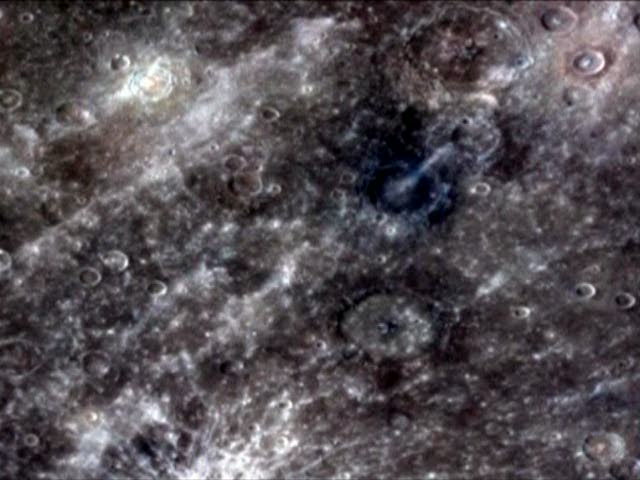 NASA's Messenger spacecraft delivers its first photos of Mercury and the first images ever taken from the rocky planet's own orbit.
more »
NASA's Messenger spacecraft delivers its first photos of Mercury and the first images ever taken from the rocky planet's own orbit.
more »
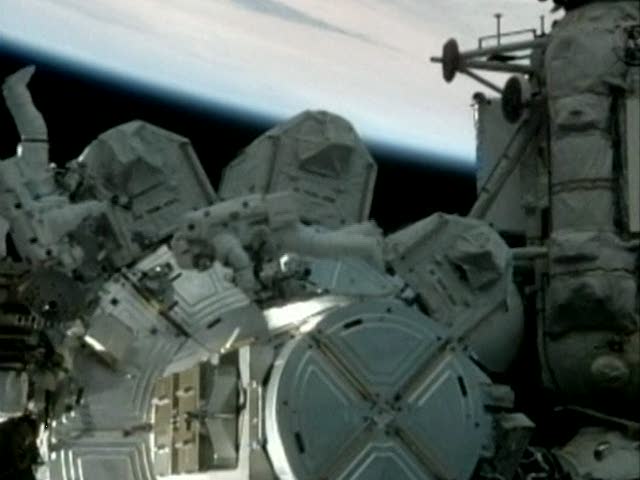 Discovery reached the ISS on Saturday, two days after liftoff from the Kennedy Space Center, for its 39th and final mission.
more »
Discovery reached the ISS on Saturday, two days after liftoff from the Kennedy Space Center, for its 39th and final mission.
more »
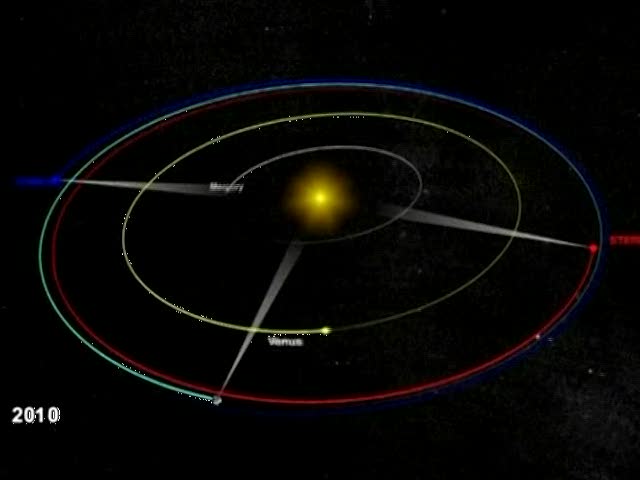 NASA has released for the very first time on Sunday images that show the complete surface of the Sun.
more »
NASA has released for the very first time on Sunday images that show the complete surface of the Sun.
more »